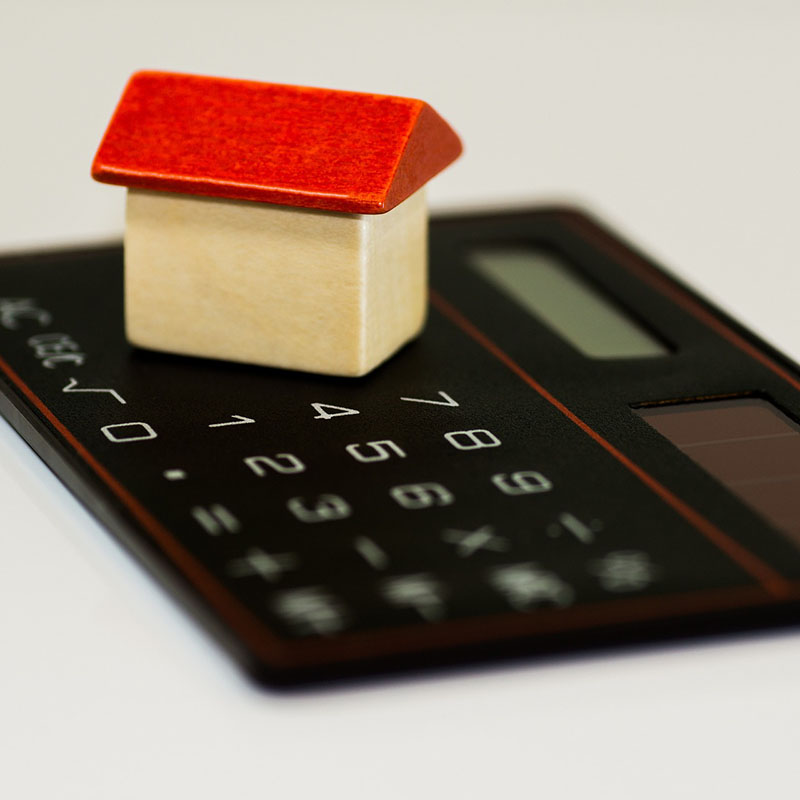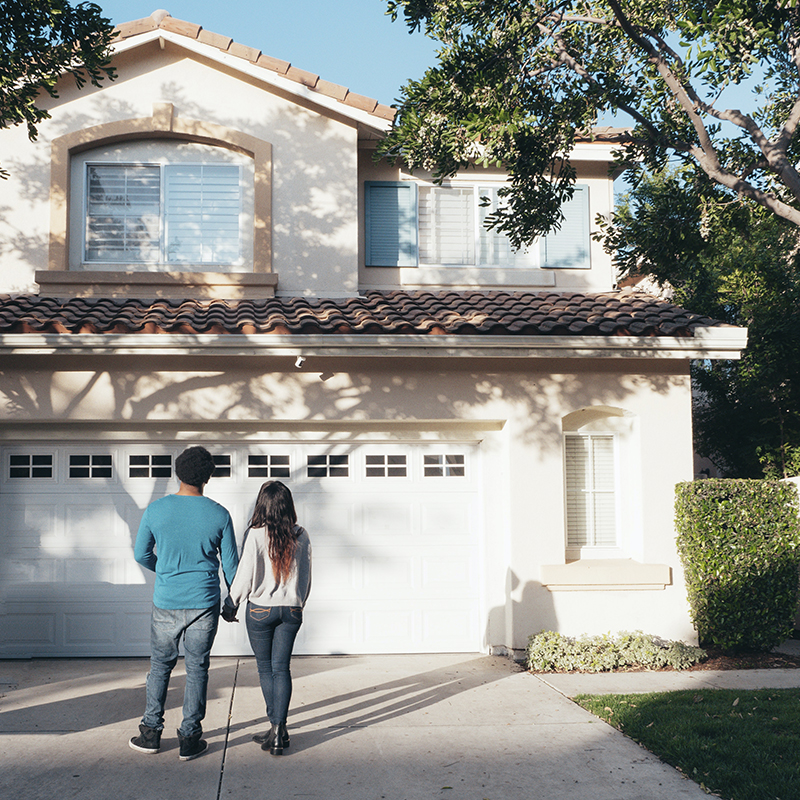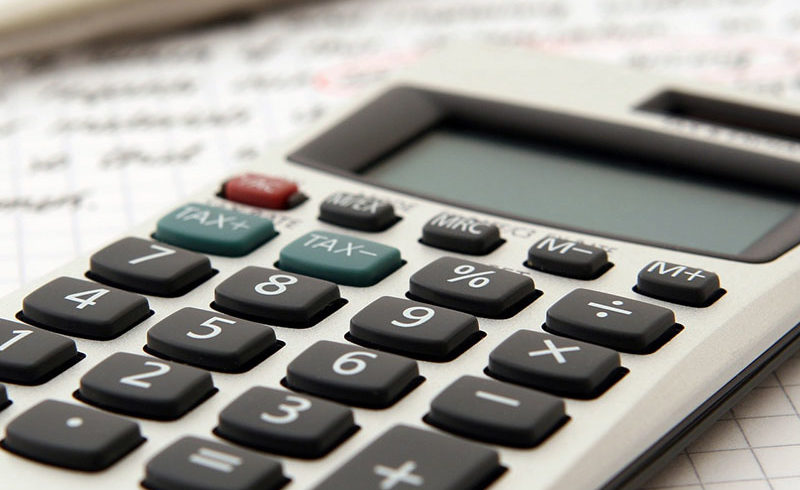
Buying or selling a house is a learning experience all on its own and you are likely to come across new terms that you may not be overly familiar with. We have compiled a list of mortgage terms that can help you navigate your way through the home-buying (or selling) process.
Amortization Period
This is the length of time it will take you to pay off your mortgage. Amortization periods often range from 5 to 30 years with the most common length being 25 years. A shorter amortization period will result in higher monthly payments, while a longer one gives you a lower monthly payment.
Appraisal
An appraisal determines the current estimated market value of any given property. This is completed by a professional appraiser. Most lenders will require an appraisal which is covered by the home buyer.
Closing Date
The closing date is when the transaction between buyer and seller is finalized. The buyer will transfer money over to the seller, and the seller will transfer the title over to the buyer.
Closing Costs
Closing costs are the costs that both the seller and buyer must pay to finalize a mortgage agreement. For the buyer, this might include items such as the land transfer tax and legal fees. The seller might need to pay real estate commissions along with their own set of legal fees. This is not a complete list of closing costs, talk more with your lender to avoid any surprises.
Conditional Offer
An offer in which the potential buyer puts ‘conditions’ in place that must happen in order for the sale to go through. In most cases, these include passing a home inspection or the promise that the buyer will sell their home by a certain date.
Down Payment
A down payment is the amount of money you will need to put toward the home loan. It is based on the value of the home you are applying for.
Equity
Equity is the value of your home minus outstanding debts, such as mortgages or liens, against the home. The difference belongs to the owner. Home equity increases as you pay down your mortgage.
First Time Home Buyer
Simply, a person who is buying a home for the first time. This type of buyer may be eligible for federal programs that will help them with purchasing their home.


Fixed-Rate Mortgage
With this type of mortgage, your interest and thus your monthly payment will not go up for the entirety of your term.
Interest
This is money you pay your mortgage lender in exchange for using the borrowed funds to purchase your house.
Land Transfer Tax
The land transfer tax must be paid when purchasing a home. It varies based on home value and where the house is located. First-time home buyers could be exempt from part of the cost. For more info, check out the provincial and municipal websites where you plan on purchasing your home.
Mortgage Payment
Your mortgage payment is made up of your principal plus interest and is paid to your lender. While monthly is the most common, you can also pay semi-monthly, weekly, or bi-weekly in order to shorten the amortization period.
Principal
This is the amount or money you borrowed from your lender, not including any interest.
Refinance
Refinancing involves breaking your current mortgage and starting a new one either through the same lender or a different one. This can be done to take advantage of lower mortgage rates or to pull out equity. Refinancing can even help you consolidate other high-interest debts into your mortgage payment.
Term
A term is the amount of time you will pay your lender with specific conditions and mortgage rate. Terms can last anywhere from 6 months to 10 years with the most common being in the 5-year range. After a term is over, you will have to either pay off your mortgage or renew. Conditions can be renegotiated at this time.








